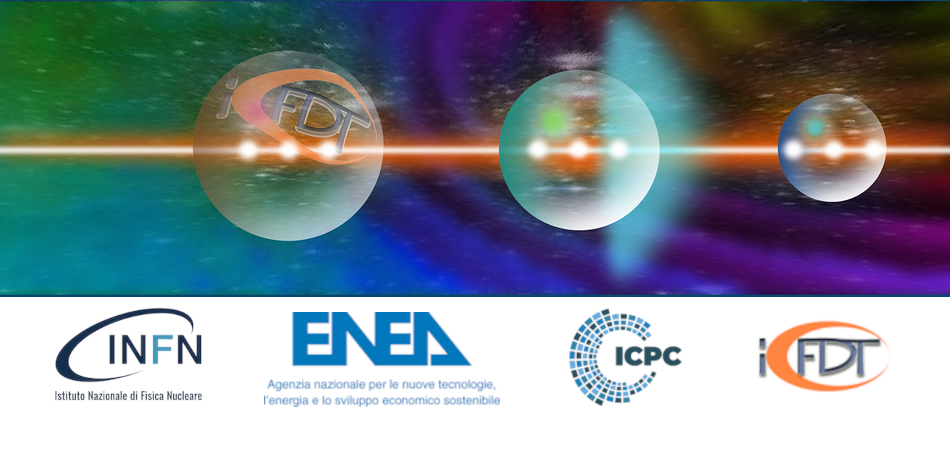Speaker
Description
Imaging optics for plasma diagnostics in fusion experiments are challenging systems, since they have to face extreme heat and radiation fluxes. These problems can be partially addressed by means of reflective systems, which are easier to cool and less sensitive to radiation damage. On the other hand, reflective systems tend to be bulkier because on their intrinsic folding, and less suited for covering high fields of view with a sufficient aperture.
A different approach is explored here, exploring the possibility to use liquid layers in refractive optical groups for cooling, radiation shielding and aberration correction (in particular, for chromatism correction). The choice of different organic material is discussed, taking into account their refractive and dispersion indexes, their transmission spectrum as well as their chemical and thermal characteristics. Simple optical systems are shown and discussed by means of ray-tracing and fluid simulations, identifying advantages and limits of this approach.

